Written by: Wayne Elderton
__________
***Wayne Elderton is acknowledged as one of Canada’s leading coaches. He is Head of Tennis Canada Coaching Development and Certification in British Columbia. In this role, he has provided coaching training to over 1500 coaches. He is a main contributor to the Tennis Canada Coaching Certification program and has also written articles and coaching materials for the PTR, Tennis Corporation of America, Tennis Coaches Australia, and the International Tennis Federation. He is a popular speaker at coaching conferences world-wide. He is a Chartered Professional Coach (ChPC) as recognized by the Professional coaching association, Coaches of Canada. Wayne has enjoyed considerable success in his career using the Game-Based approach. As a High Performance coach, he has led provincial teams to gold medals in the Canada and Western Canada Games. His players have won numerous national titles and many have achieved full scholarships at US Universities. Some have gone on to achieve WTA and ATP rankings. He has also coached 3 wheelchair players to top 10 world rankings and has coached Canada’s World Team Cup squad (Davis Cup for Wheelchair players). He is a key builder of the Canadian National Wheelchair Team program and created Tennis Canada’s Wheelchair Instructor Course. In 2006 he was inducted into the City of Burnaby Sports Hall of Fame in the coaching category. He is currently Tennis Director at the Grant Connell Tennis Centre in North Vancouver which was awarded the 2005 Canadian Facility of the Year for program excellence by the Tennis Professionals Association. For more information, please go to www.acecoach.com***
__________
EFFECTIVE COACHING
We have started a new series called, “Effective Coaching”. Many coaches feel they are “good”, But what does that actually mean? We are re-framing the question to be, “Are you effective?” Does what you coach and how you interact with the players actually transform the way they play? In many places, coaching could be described as, “a better player than you hitting with you (or feeding you balls) and telling you what you did wrong or throwing out “tips”. Not a very systematic approach. Can you imagine if children would learn math or languages at school through random “tips”? To really transform, a player needs the coach to create an environment that maximizes assimilation of skills.
Our first installment jumped in with one key effectiveness element, Measurement. Here are the remaining elements I have compiled over many years of observing and educating coaches that make a coach effective. I am not putting them in any particular order as they are all important (and often interrelated):
Each one is a book in itself but hopefully, we will be able to get an understanding of these critical elements. My goal is to inspire you to self-assess your coaching and increase any that you are doing well and add any you are missing. We will start with some questions about each element to assist your self-assessment. Stay tuned for a great journey…
Scoring: give yourself a score on each element. 0=not done at all, 1=not done well, 3=done somewhat, 3=done well. A score of 12 or above is an effective coach.
Goals: Do you have defined goals for each set of lessons and even goals for each drill? If at the end of the lesson or drill, you asked the players, “What was this about? What was the main point?” Would they have the same answer as you, and would each player in a group have the same answer? This is a great exercise. I can’t tell you how many coaches have been shocked by the answers of their players.
Ensuring quality repetition: One can’t get better without repetitive practice however, are the players getting sufficient reps in every drill? Typically 8-12 reps/person/minute is the goal. Have someone count to get your numbers. For example, feeding a single file line of more than 3 players will never achieve the numbers. Quality is especially challenging for coaches who use a lot of live ball drilling. If your not getting quality reps, change your drill!
Organization (court management): If the players are managed efficiently, this is a key to getting the quality reps and enhance their understanding. One key number is that, each player in a drill should have 2-4 attempts at a skill per turn. Avoid the ‘merry-go-round’, hit and go to the back, type organization.
Feedback/Communication: Do each player in a group receive 1-2 pieces of relevant feedback per minute or, are their long periods of silence or, ‘coaching babble’. Does your feedback ‘land’. If you ask players, “what did the coach just say?” can they answer?
Measurement: Does every activity you do have a measurement to achieve?
Take this month to assess your scores on these elements and see how you fare.

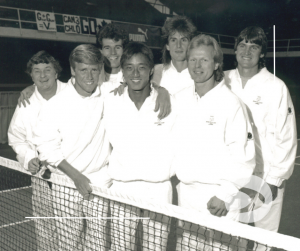
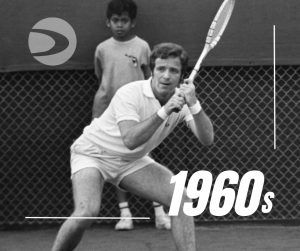
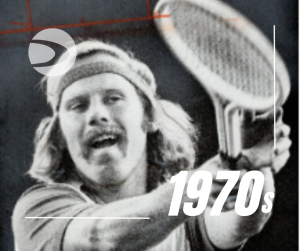
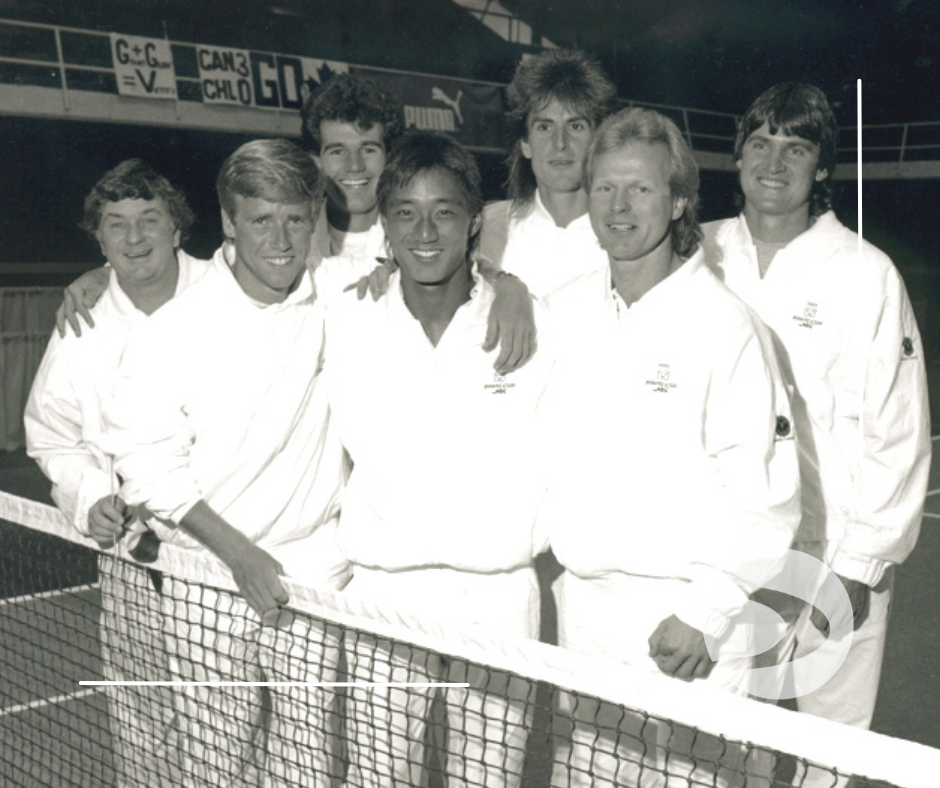
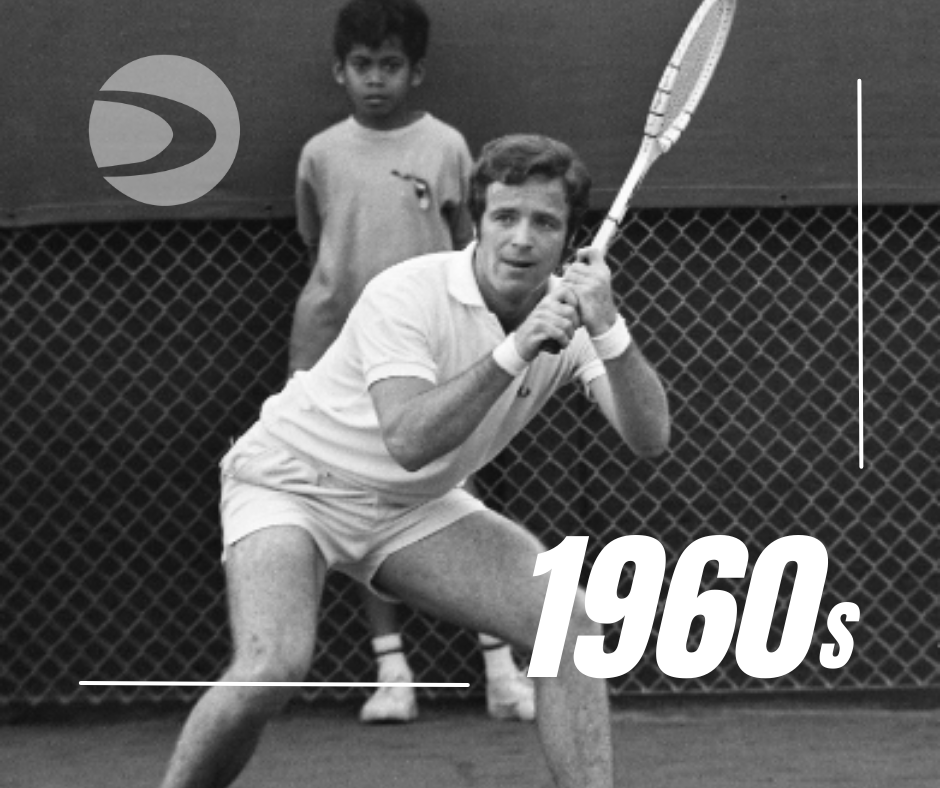
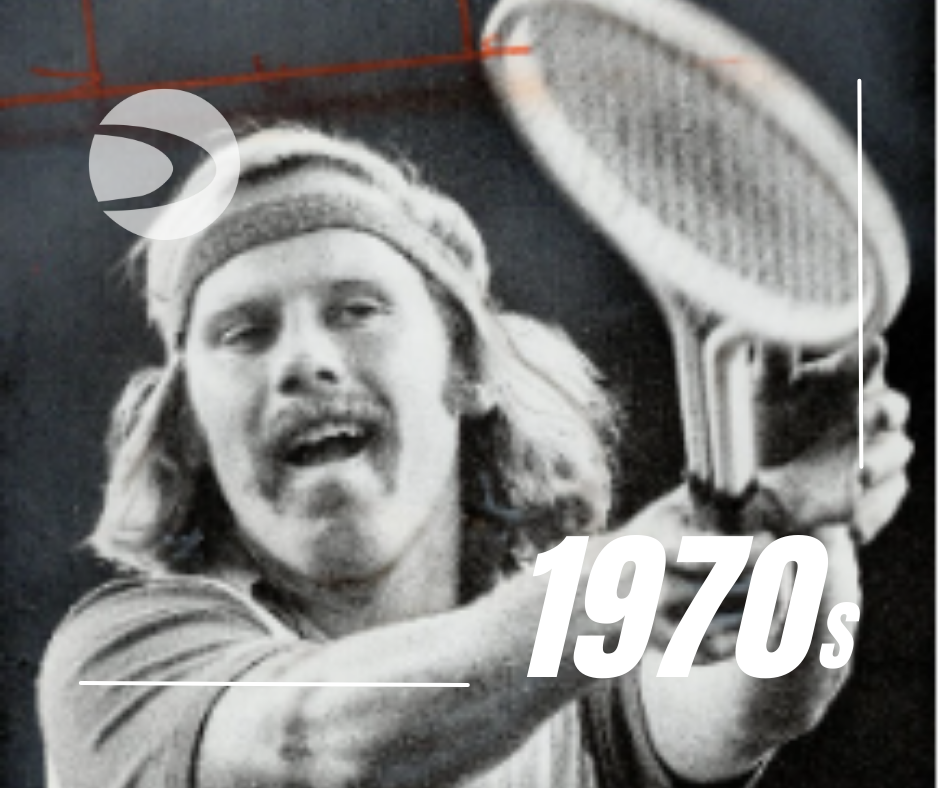
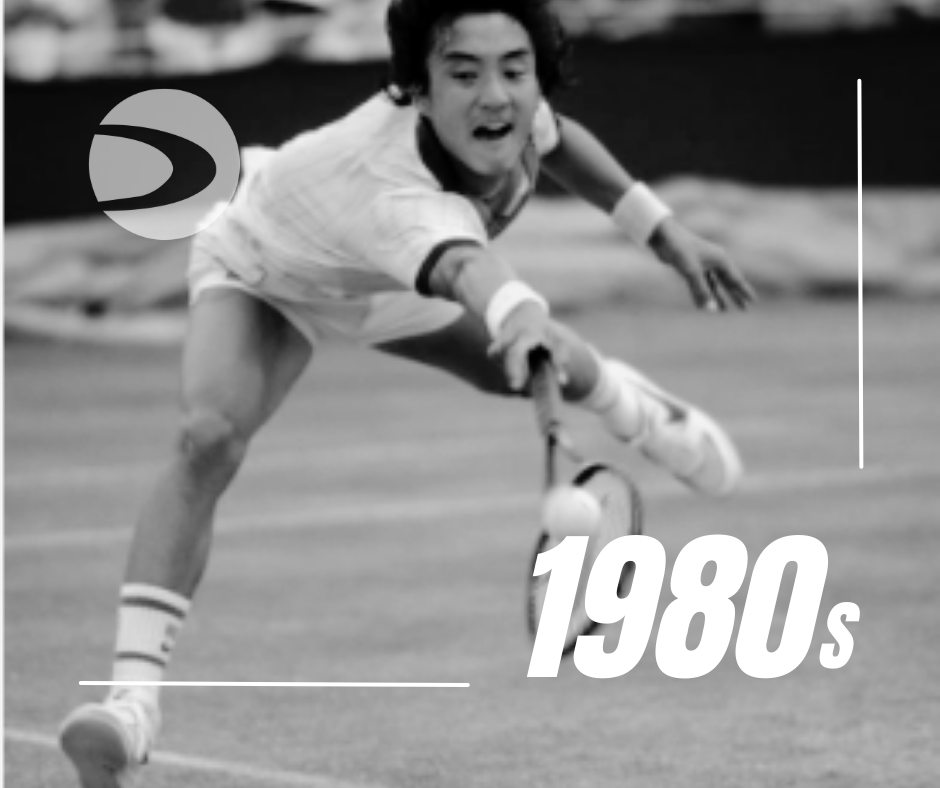
One Response
Sports is one of the fields where going to a teachers college is not required. End result is the student hopefully will get a “Tennis professional” who knows the Game, Knows the students needs and knows how to translate this into effective teaching: Good Luck!
A Tennis organization , be it ITF or Tennis Usa can give you a course evaluate you, and ‘puff your a certified tennis coach’!
One: the transferring of information from a Course conductor to a would be tennis teacher does not guarantee coherence of said information and by the time this is given to the student it is further watered down. P.S. who says the course conductor took a course in Teachers College? I doubt this don’t you?
A lesson in sports is a ‘crap shoot’ maybe it is effective maybe not.
My question is send would be Pros and the tennis organization admin folk to teachers college- it is not perfect but isn’t it better than winging it or implying that one knows how to teach?